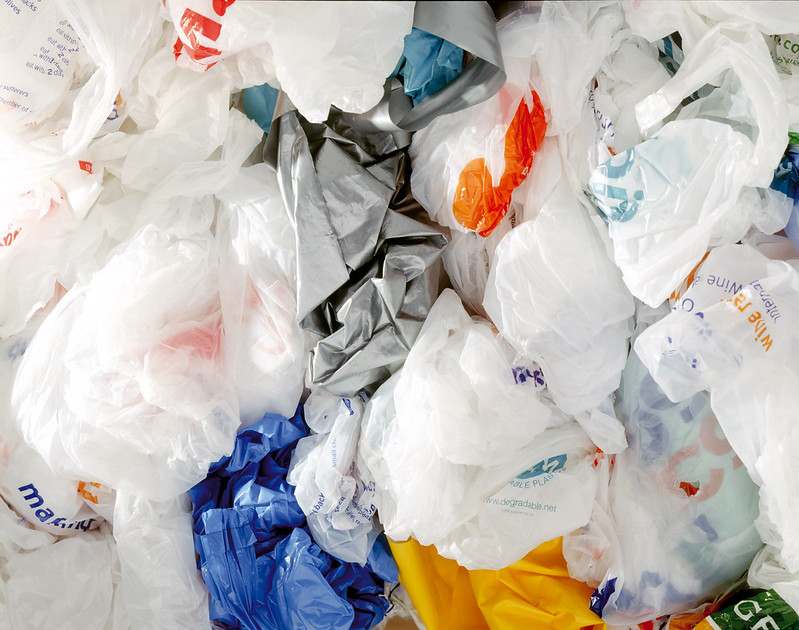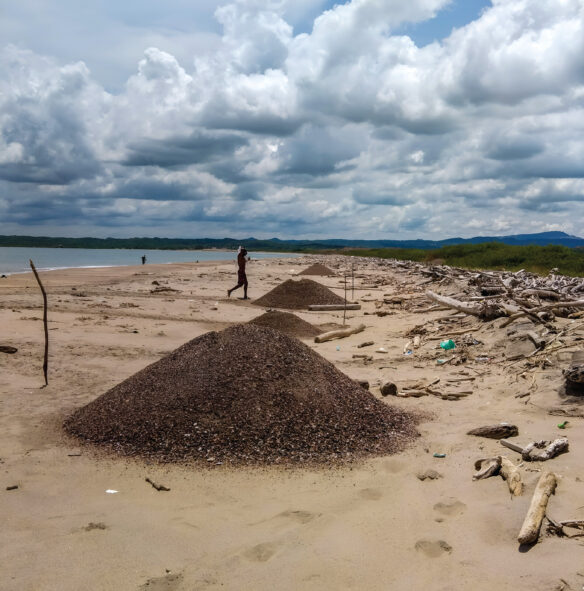Excerpt:
It was a decade ago when California became the first state in the nation to ban single-use plastic bags, ushering in a wave of anti-plastic legislation from coast to coast.
According to a report by the consumer advocacy group CALPIRG, 157,385 tons of plastic bag waste was discarded in California the year the law was passed. By 2022, however, the tonnage of discarded plastic bags had skyrocketed to 231,072 — a 47% jump. Even accounting for an increase in population, the number rose from 4.08 tons per 1,000 people in 2014 to 5.89 tons per 1,000 people in 2022.
The problem, it turns out, was a section of the law that allowed grocery stores and large retailers to provide thicker, heavier-weight plastic bags to customers for the price of a dime.
“It was a conscious decision to create a pathway for a type of reusable bag that barely existed,” said Mark Murray, director of Californians Against Waste, an environmental organization. “It was just emerging in the marketplace, but it happened to be made by a couple of California companies … which the manufacturers claimed they could certify as being reusable.”
He said the bags were made of 20% recyclable material and the manufacturers said they could be recycled at the end of their “useful life. … So we said, all right, fine. We’re gonna put that specific criteria into the law.”
“That experiment failed,” Murray said.
“It was a gaping hole,” said Mark Gold, director of Water Scarcity Solutions, Environmental Health at the Natural Resources Defense Council who worked on the original legislation — SB 270 — while he was with the organization Heal the Bay.
These “reusable” bags are made from a material known as HDPE, which is thicker and heavier than the LDPE plastic bags of yore. And although both materials can be recycled — and in commercial and agricultural settings often are recycled — they are generally not in residential and consumer settings, Murray said.
“Basically what happened is that plastic bag companies invented these thicker plastic bags that technically meet that definition of reusable but are clearly not being reused and don’t look like reusable bags and which just circumvent the law’s intent,” said Jenn Engstrom, CALPIRG’S state director.
Now, California legislators are hoping to correct that error by passing a law that closes that loophole and bans those thick plastic bags offered at the checkout line.
“The idea is to go back and redefine reusable bags as a way to get rid of all those setbacks that we’re now seeing very commonly in grocery stores,” Engstrom said…









